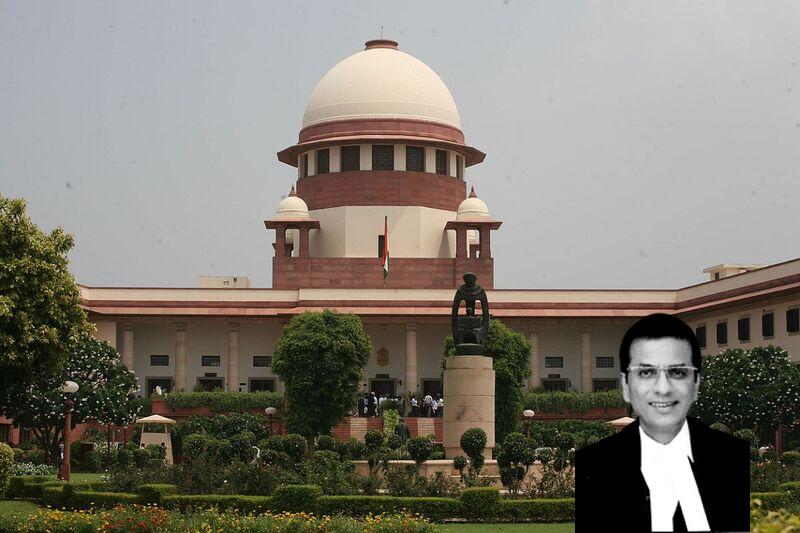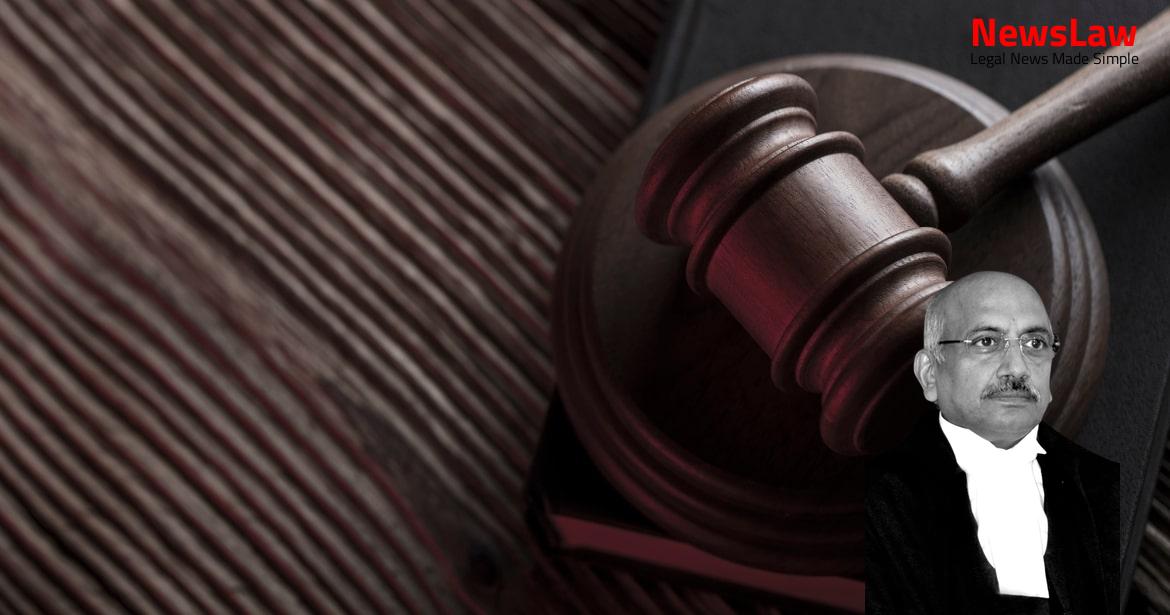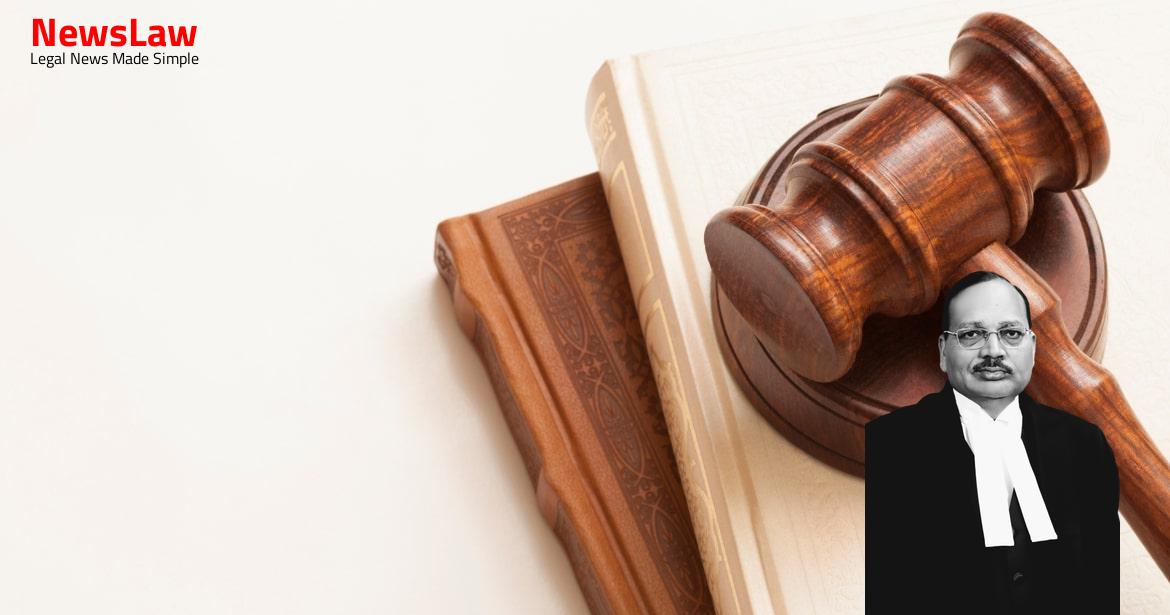Shiv Singh, the son of Sohan Lal’s brother, instituted Civil Suit No 200/1 of 1990 on the file of the learned Senior Sub Judge, Solan, Himachal Pradesh, challenging the Will executed by Leela Devi, under which Dhani Ram claimed entitlement to the properties that originally belonged to Sohan Lal. Thereupon, Shiv Singh filed Regular Second Appeal No 398 of 1998 before the Himachal Pradesh High Court. In the ordinary course, if Leela Devi had also died intestate, Shiv Singh, being the sole legal heir of her husband, would have succeeded to the properties under Section 15(1)(b) and Section 15(2)(b) of the Hindu Succession Act, 1956 3 (for brevity, ‘the Act of 1956’). Dhani Ram examined himself as DW1 in addition to examining Lok Nath Attri, an attesting witness to the Will, as DW-2. Thereupon, the Trial Court found that the evidence of the attesting witnesses to the Will, viz., Lok Nath Attri (DW-2) and Chaman Lal (PW-4), was contradictory as they did not speak to the same effect.
The High Court was of the opinion that as Dhani Ram had taken a keen interest in the execution and registration of the Will, as noted by both the Courts below, that would constitute a reason in itself to entertain some suspicion and the mere registration of the Will would not suffice to dispel the suspicious circumstances surrounding it. On the second page, the signatures of Leela Devi 6 and the attesting witnesses appear at the end of the document but the placement of the attesting witnesses’ signatures is not consistent, as one signed above his name (Lok Nath Attri) while the other (Chaman Lal) signed under his name. The Sub-Registrar, Kasauli, noted in Hindi, above these signatures, that the contents of the document had been read over and explained to the testatrix, which were heard, understood and admitted by her; that the presenter of the document was identified by Lok Nath Attri, Pradhan of the Gram Panchayat, Rouri; and that he, the Sub-Registrar, personally knew Witness No 2 and, therefore, the Will was registered. He stated that he knew Leela Devi, the widow of Sohan Lal, and that, in his presence, she executed the Will (Ex. He stated that he received a telephone call at his 8 office that Leela Devi had come to Kasauli and she wanted a Will to be made. Chaman Lal stated thus: 9 About 7 years previously, he had gone to the Government Hospital at Kasauli to get medicine and Dhani Ram met him while he was taking it. Dhani Ram told him that his signatures were required on some papers and he affixed his signatures. He said that when he signed the papers, he did not know any other person there except Dhani Ram. Lok Nath Attri (DW-2) claimed that Leela Devi signed the Will in his presence and in the presence of Chaman Lal.
– Every testator, not being a soldier employed in an expedition or engaged in actual warfare, or an airman so employed or engaged, or a mariner at sea, shall execute his Will according to the following rules:- (a). – If the attesting witness denies or does not recollect the execution of the document, its execution may be proved by other evidence.” 21. If the evidence as to registration on a close examination reveals that the registration was made in such a manner that it was brought home to the testator that the document of which he was admitting execution was a Will disposing of his property and thereafter he admitted its execution and signed it in token thereof, the registration will dispel the doubt as to the genuineness of the Will. Therefore, the mere fact of registration may not by itself be enough to dispel all suspicion that may attach to the execution and 13 attestation of a Will; though the fact that there has been registration would be an important circumstance in favour of the Will being genuine if the evidence as to registration establishes that the testator admitted the execution of the Will after knowing that it was a Will the execution of which he was admitting.” 22. It was further held that, a person propounding a Will has got to prove that the Will was duly and validly executed and that cannot be done by simply proving that the signature on the Will was that of the testator, as the propounder must also prove that the attestations were made properly, as required by Section 63(c) of the Succession Act.
Though Lok Nath Attri claimed that Leela Devi affixed her signatures in the Will in their presence, which was vehemently denied by the other attesting witness, Chaman Lal, the fact remains that Lok Nath Attri also did not state that he affixed his signatures in the Will in the presence of Leela Devi. Further, when the Will itself demonstrates that it was made on 27.10.1987 but was registered on 03.11.1987, Lok Nath Attri’s statement that for getting the Will made and registered it took 2 hours is equally astonishing. No doubt, in Shyamal Ghosh vs State of West Bengal, this Court held that where evidence is given after a lapse of several years in the context of attestation of a Will, contradictions of minor nature should not be taken to be suspicious circumstances, as memory would fade after the lapse of a long period of time.
Section 68 of the Evidence Act requires at least one attesting witness to the Will to prove its execution in terms of Section 63 of the Succession Act, but it is clear that neither Lok Nath Attri nor Chaman Lal passed muster in satisfying this requirement. Interim Order dated 30.07.2009 shall stand vacated. Parties shall bear their own costs.



